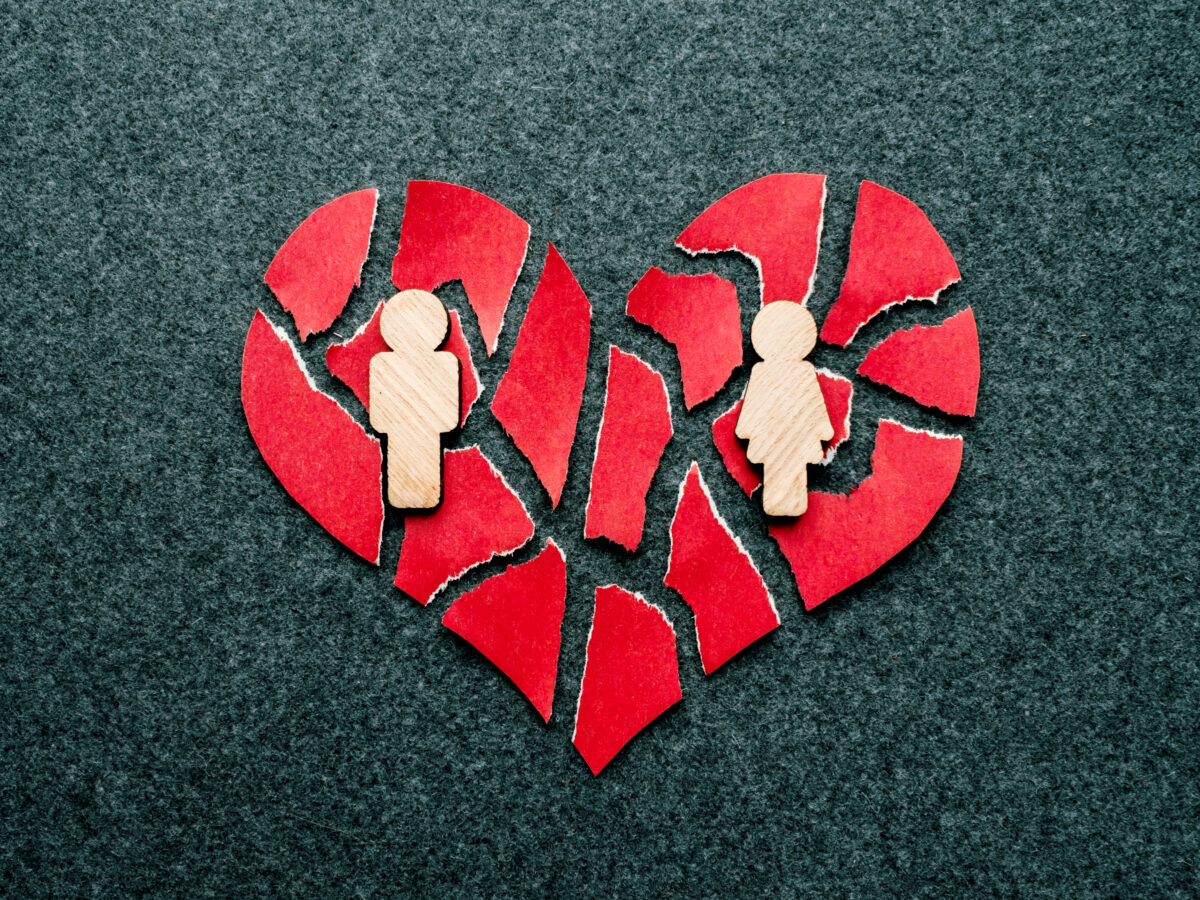Depression is a prevalent mental health condition that can affect individuals of all ages, from children and adolescents to adults and older adults. While the symptoms of depression may manifest differently across various age groups, the impact on daily functioning, relationships, and overall quality of life can be profound. In recent years, the advent of…
Read More



